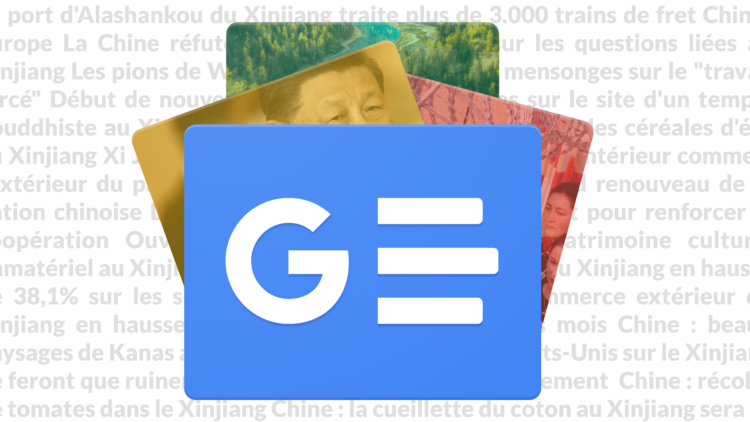[INTERVIEW] Savoir*Devenir
Savoir*Devenir is a French NGO specialised in media literacy
What does Savoir*Devenir do?
Divina Meigs, president of Savoir*Devenir: “Savoir*Devenir is a non-profit organization and aims to support the digital transition through actions in favor of media and information literacy, digital literacy, digital Citizenship, education and internet governance. We are backed by the UNESCO ‘Savoir Devenir’-Chair located at the Sorbonne Nouvelle University in Paris and we rely on a network of national and international partners. Savoir*Devenir addresses all publics: citizens, educators, institutional and industrial actors. We want to foster humanistic and ethical digital initiatives.
Savoir*Devenir is involved in the different areas. We set-up and implement national and international projects. We do research, action research and mapping. We audit, coach and assess. We provide professional training online and offline and produce educational resources. We also organize conferences and events. And last but not least, we build communities.”
Why is Savoir*Devenir collaborating in the CrossOver-project?
Divina: “We participate in CrossOver because we consider that disinformation is a real threat to democracy, culture, health and interpersonal relationships. We want to empower people with competences in algorithm literacy, which is an important part of media and information literacy. The gap between AI-experts and users needs to be bridged in a critical thinking manner, and this is what Crossover will do. And, the creation of pertinent resources on algorithm literacy is much needed and asked for by educators, journalists and the general public and decision makers.”
What will Savoir*Devenir do in the CrossOver-project?
Divina: “Savoir*Devenir will act as go-between in the negotiation between several parties: AI and algo experts, journalists and the general public. We will develop user-friendly resources for the general public, journalists, and educators and we will provide outreach and strive to popularize subjects related to algorithms that are perceived as obscure by most users.”
How do you think we should tackle disinformation?
Divina: “We see four main ways to tackle disinformation. First: explain how information and disinformation are being produced. Then: explain how algorithms interfere with our free will. Also: give everyone clues to build up personal strategies to fight disinformation. And fourth: demystifying the mythology around algorithms and presenting their actual risks and opportunities.”
CrossOver is a cross border and a multilingual project. How do you cope with those challenges?
Divina: “The mechanisms of disinformation are identical everywhere, due to the transborder nature of the Internet and its actors. Monitoring the Belgian case can be a case study for other countries and can lead to sensible practices for other communities of practice. Savoir*Devenir will be vigilant about the transfer of competences and the potential for localization of resources.”
![[INTERVIEW] Savoir*Devenir](https://crossover.social/wp-content/uploads/2021/12/Savoir-Devenir.png)
![[INTERVIEW] Apache](https://crossover.social/wp-content/uploads/2021/12/Apache-750x422.png)
![[INTERVIEW] Check First](https://crossover.social/wp-content/uploads/2021/12/Check-First-750x422.png)
![[INTERVIEW] EU DisinfoLab](https://crossover.social/wp-content/uploads/2021/12/EU-Disinfo-750x422.png)
